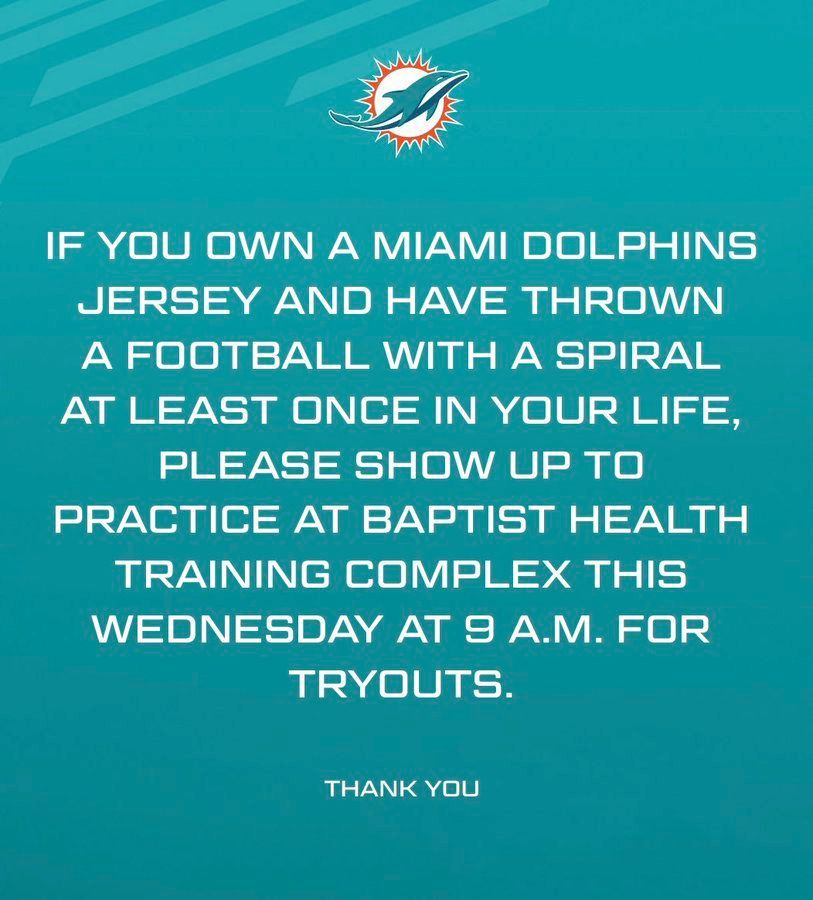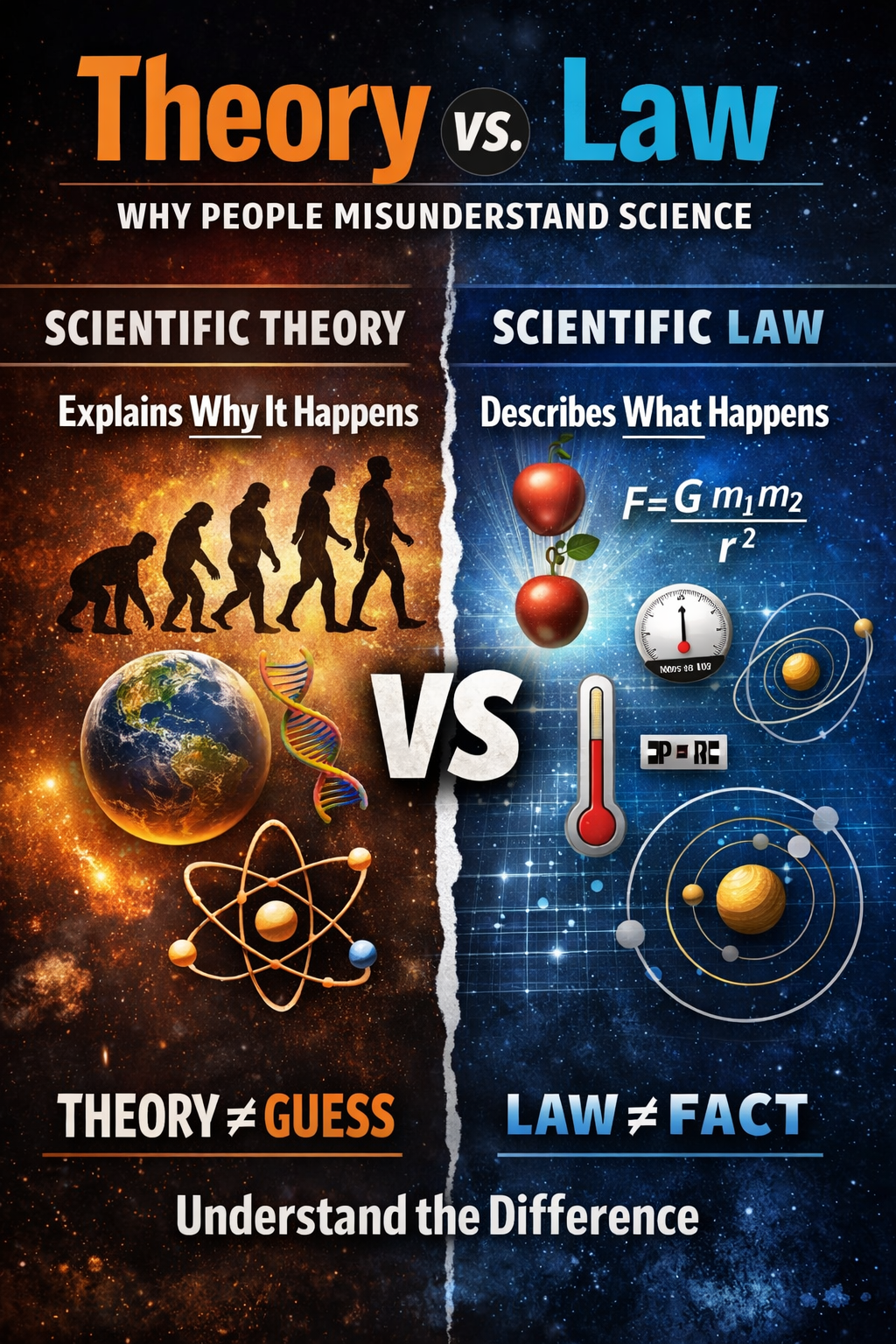NFL: The DEI Experiment on the Gridiron
When Diversity Quotas Start Deciding Games

Introduction
The Denver Broncos staged one of the most jaw-dropping comebacks in NFL history on Sunday, rallying from a 19-0 deficit entering the fourth quarter to defeat the New York Giants 33-32. It was a display of resilience, execution, and heart — the kind of football that made fans fall in love with the game in the first place.
But this wasn’t just a win for Denver. It was a warning about the creeping influence of diversity, equity, and inclusion (DEI) policies inside America’s most popular sport — an ideology now shaping everything from officiating crews to front-office hiring.
Because while the Broncos earned their victory the old-fashioned way, the NFL nearly handed it away the new way — with a questionable pass-interference call from one of its celebrated DEI hires that almost decided the outcome of the game.
A Miracle with a Shadow
Let’s set the scene.
The Broncos were lifeless through three quarters. The scoreboard read Giants 19, Broncos 0 as the fourth began. Bo Nix looked frustrated. The defense was gassed. Fans were filing out.
Then, something clicked.
Denver erupted for 33 points in the fourth quarter, one of the largest single-quarter explosions in franchise history. They stormed back to take the lead with grit, toughness, and precision — everything DEI bureaucrats can’t quantify.
And just when the comeback seemed complete, the NFL’s new officiating culture reared its head.
With under three minutes left, the Broncos clung to a slim lead. It was third-and-goal from the one. The Giants threw a desperation lob into the corner of the end zone — five feet over the receiver’s head. Everyone watching saw the same thing: uncatchable.
But one official, a recent addition under the league’s “inclusive hiring initiative,” decided otherwise. The yellow flag floated across the screen. Defensive pass interference. First-and-goal.
The Giants scored on the next play.
Then, poetic justice: the extra point hooked wide. Denver trailed 32-30 but still had a chance. With the clock bleeding away, Wilson marched the offense downfield, hitting three straight completions and setting up a 39-yard attempt.
The kick was good.
Broncos 33, Giants 32.
A win — snatched back from the hands of the NFL’s new ideology.
DEI Has Replaced Discipline
The NFL once stood for competition, not compliance. It was the purest meritocracy in American life: if you could play, you played. If you couldn’t, you watched.
Today’s league office in Manhattan seems more interested in social validation than football fundamentals. The Rooney Rule, originally intended to ensure minority coaches got interviews, has ballooned into an organizational quota system. Entire departments now exist to track representation, gender ratios, and “inclusive pipelines.”
And while the league still turns a blind eye to racial disparity among players — because that would cost ratings — it flaunts diversity among referees, executives, and commentators as proof of “progress.”
Here’s the irony: the one area the NFL ignores for DEI (player rosters) is the only one that still works.
When merit rules, performance soars. When ideology rules, everything breaks down.
The Optics Game
This shift isn’t about fairness; it’s about optics.
By elevating DEI to sacred status, the league gets to pose as morally enlightened without sacrificing profitability. It can parade diverse hires across press releases and halftime montages while quietly ignoring the consequences of those decisions on-field.
Bad calls? “Human error.”
Declining officiating quality? “Growing pains.”
Fan frustration? “Resistance to change.”
It’s all PR spin covering an uncomfortable truth: DEI is making football worse.
Officials second-guess themselves. Coaches and executives are selected to check demographic boxes. Media coverage fawns over representation instead of results.
Meanwhile, fans — the paying customers — can see what’s happening: inconsistency, mediocrity, and politicization creeping into a sport that once prided itself on raw excellence.
The Myth of DEI “Performance Gains”
DEI advocates repeat a mantra: “Diverse teams perform better.” It’s cited endlessly, especially in corporate America. But the data behind it collapses under scrutiny.
The most-quoted studies — including McKinsey & Company’s Diversity Wins (2020) — are correlational, not causal. They show that successful companies also tend to have more demographic diversity, not that diversity caused the success (McKinsey & Company, 2020). Other analyses, like those from Harvard Business Review, rely on self-reported perceptions, not measurable outcomes (Rock & Grant, 2016).
In short: there’s no empirical evidence that DEI improves accuracy, productivity, or judgment in high-pressure environments like sports officiating.
If anything, it creates hesitation and fear of backlash — two qualities you never want in someone throwing flags on national television.
The Hypocrisy of the “Inclusive” League
The NFL’s DEI rhetoric collapses under its own hypocrisy.
Roughly 70 percent of NFL players are Black, yet you’ll never hear the league call for more “equity” in that direction. There are no recruitment drives for underrepresented groups among linebackers or quarterbacks. The league knows merit sells.
But outside the lines — in offices and booths — the rules change. Identity becomes the top criterion. Suddenly, diversity isn’t a byproduct of excellence; it’s the mission itself.
That’s how you end up with a referee whose résumé checks every DEI box but whose performance nearly alters a game outcome. It’s how you get commentators hired for “representation” who can’t break down coverages, and marketing execs who know hashtags better than playbooks.
The NFL ignores DEI where competition works, then brags about it everywhere else — where it hurts the product the most.
Ideology vs. Meritocracy
Football used to symbolize what America believed about success: work hard, earn your spot, compete honestly, accept the outcome.
DEI rewrites that ethic. It says outcomes should be engineered to appear fair rather than earned to be fair. It prizes demographic symmetry over demonstrated skill.
That philosophy infects everything it touches. Government. Universities. Corporations. And now, professional sports.
When an institution starts hiring based on identity, standards bend. When standards bend, confidence collapses. And when confidence collapses, the audience stops believing the system is fair.
Sunday’s Broncos-Giants game was that collapse on full display — and the Broncos’ resilience was the antidote.
A 33-Point Rebellion
Let’s pause and appreciate the scale of what Denver did.
Down 19-0 entering the fourth quarter. Still down 26-8 with barely ten minutes to play. Thirty-three points in fifteen minutes. It’s the kind of comeback that belongs in franchise lore.
That doesn’t happen without belief — the kind of belief DEI bureaucracy can’t manufacture.
It happens because a team decides that the scoreboard, the odds, and even the officiating don’t matter. Only execution does.
That’s the lesson — and it’s one the league office should learn.
Because while Denver’s comeback was literal, it was also symbolic: a meritocratic rebellion against a culture that’s forgotten what competition means.
The Cultural Mirror
Sports mirror society. When football loses its meritocracy, it reflects what’s happening everywhere else.
The same mindset that puts ideology above excellence in the NFL also infects classrooms that grade on identity, corporations that hire by quota, and governments that regulate by equity instead of efficiency.
It’s all the same disease: the belief that equality of outcome is more important than equality of opportunity.
Football thrived precisely because it rejected that logic. The scoreboard doesn’t care who you are. It cares what you do.
Sunday proved that truth still holds — at least for now.
Why This Matters
The Broncos’ 33-point fourth quarter wasn’t just a comeback; it was a referendum.
The NFL has become a case study in DEI’s unintended consequences:
- It ignores DEI where performance rules (players).
- It brags about DEI where performance suffers (officiating, administration).
- It sells virtue while undermining credibility.
If the league continues down this path, fans will eventually see every bad call as political, every controversial flag as performative, and every outcome as suspect.
Football will stop being a contest and become a cause — and nobody pays to watch a cause.
The Lesson from Mile High
Denver’s victory was proof that meritocracy still breathes inside a politicized system. They overcame bureaucracy, bias, and a bad flag. They played the game the way it’s meant to be played — for keeps, not for quotas.
As the NFL congratulates itself for “representation milestones,” the Broncos gave fans something real: proof that performance still matters.
And if the league won’t learn from that, maybe the fans will remind them — with their wallets.
Why This Matters:
The Broncos’ win wasn’t just a comeback on the field; it was a comeback for common sense. While the NFL celebrates DEI as progress, the evidence shows it’s corroding the foundation of fairness that made football great. When the best compete and merit decides, the game thrives. When ideology interferes, everyone loses — except those cashing the DEI bonuses.
References
McKinsey & Company. (2020). Diversity Wins: How inclusion matters. Retrieved from https://www.mckinsey.com
Rock, D., & Grant, H. (2016). Why diverse teams are smarter. Harvard Business Review. Retrieved from https://hbr.org
National Football League. (2024). The Rooney Rule and Inclusive Hiring Initiatives. NFL Operations. Retrieved from https://operations.nfl.com
Denver Broncos. (2025, October 20). Broncos capture Mile High magic, surge back to earn 33-32 win over Giants. Retrieved from https://www.denverbroncos.com
ESPN. (2025, October 20). Broncos stun Giants with 33-point fourth quarter. Retrieved from https://www.espn.com/nfl
Reuters. (2025, October 20). Broncos stun Giants with 33-point fourth quarter. Retrieved from https://www.reuters.com
Disclaimer:
The views, opinions, and commentary expressed in this publication are solely those of the author, Alan Marley, and are provided for informational, analytical, and educational purposes under the protections of the First Amendment to the United States Constitution.
All statements herein reflect personal opinion or fair-commentary interpretation of publicly available information. References to any individuals, organizations, corporations, or events—including but not limited to the National Football League, its teams, players, officials, and affiliates—are made strictly under fair-use provisions for purposes of criticism, review, and public discussion.
No assertion of undisclosed fact, wrongdoing, or insider knowledge is intended or implied. All examples, descriptions, or opinions regarding business practices, political policies, or institutional conduct are matters of public interest offered as protected commentary.
The author is not affiliated with, endorsed by, or acting on behalf of the National Football League (or any sports franchise, or any business), or any related entity. Any mention of names, logos, or trademarks is purely for identification and descriptive purposes consistent with fair-use standards and does not imply sponsorship or approval.
This material should not be construed as legal, financial, or professional advice. Readers are encouraged to verify all cited information independently and form their own conclusions.
© 2025 Alan Marley. All rights reserved. Unauthorized reproduction of this content for commercial purposes is prohibited without prior written consent.











